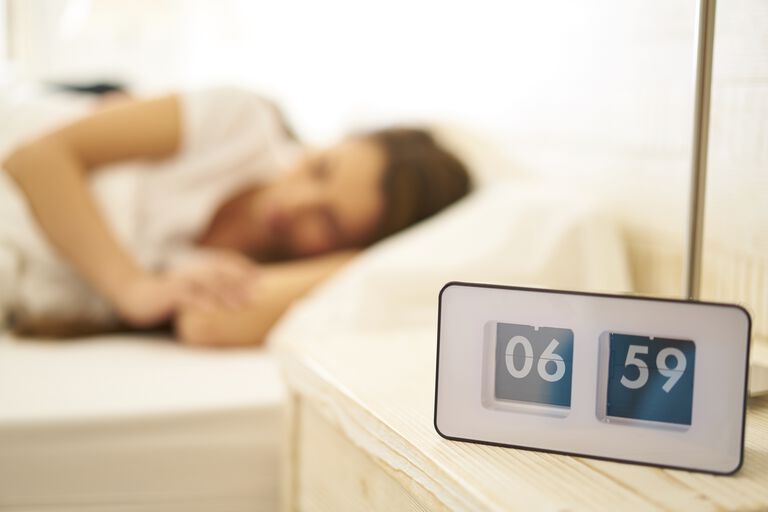BED TIME MYTHS DEBUNKED: SHEEP COUNTING, CHEESE EATING AND SLEEP WALKING!

For something that plays such a huge part in everyone’s life, we know surprisingly little about the mechanisms of sleep.
This means a number of myths have built up over the years – some of them true some of them less so.
TEMPUR have taken a look at some of the most commonly held beliefs around sleep and whether there is any truth to them…
Counting sheep helps you sleep
Counting sheep has been recommended to anyone struggling to drift off to sleep for centuries.
Introduced as a repetitive and rhythmic method to bore your brain into falling asleep, many people swear by this method.
However, while counting sheep may work for some people, it has been proven to make some people take longer to fall asleep than simply picturing a quiet beach, a gentle waterfall or another relaxing image.
You should never wake a sleep walker
The idea that you should never wake a sleep walker for fear of giving them a heart attack or inducing a coma is a common misconception.
As much as it would undoubtedly be disorientating and, for some, distressing to wake up out of bed, it is in no way physically harmful to be woken up whilst sleep walking.
More risk is posed from leaving someone walking around in an unconscious state than from waking them. Often the best thing to do is to try not to wake them at all and gently lead them back to their bed and away from any harm.
We all need eight hours of sleep a night
We aren’t all the same. The amount of sleep we need varies from person to person and changes during the course of our lifetime.
Some people will struggle with anything less than eight hours whereas others will famously do very well with just four.
There are some socio-economic or health reasons behind the variations but on the whole people’s bodies just suit different sleep patterns – the trick is finding the one that works for you.
You can catch up on sleep
You will often hear people talking about catching up on their sleep at the weekend, however, it may not be as simple as it sounds.
Catching a few extra hours sleep on another day to make up for a busy week or late night won’t always restore your energy levels the way you want it to. Over sleeping can leave you feeling sluggish and far from refreshed (although the effects only last for a few hours).
The best way to tackle your sleep debt is to get your normal amount of rest and get back into your regular routine as soon as possible.
Eating cheese gives you nightmares
Finally, one of the most notorious and highly debated beliefs of recent times is that eating cheese before bed will cause nightmares.
The story believed to have originated from Charles Dickens’ A Christmas Carol after Ebenezer Scrooge is plagued with nightmares.
His witty response attributes a crumb of cheese to the problem triggering the misconception being spread, when in fact there is no evidence to suggest a link between cheese and nightmares at all – which thankfully leaves you free to enjoy that post-dinner cheeseboard!
Download our brochure
Want to know more about our story? Download our brochure to see more.

Visit a TEMPUR® store or talk to a sleep expert
Want to know more about TEMPUR®? Either visit us in store or arrange to speak to us today.
Get the latest news and offers
Sign up to receive news and offers about TEMPUR® products. Detailed information on the use and storage of data can be found in the Privacy Policy.




